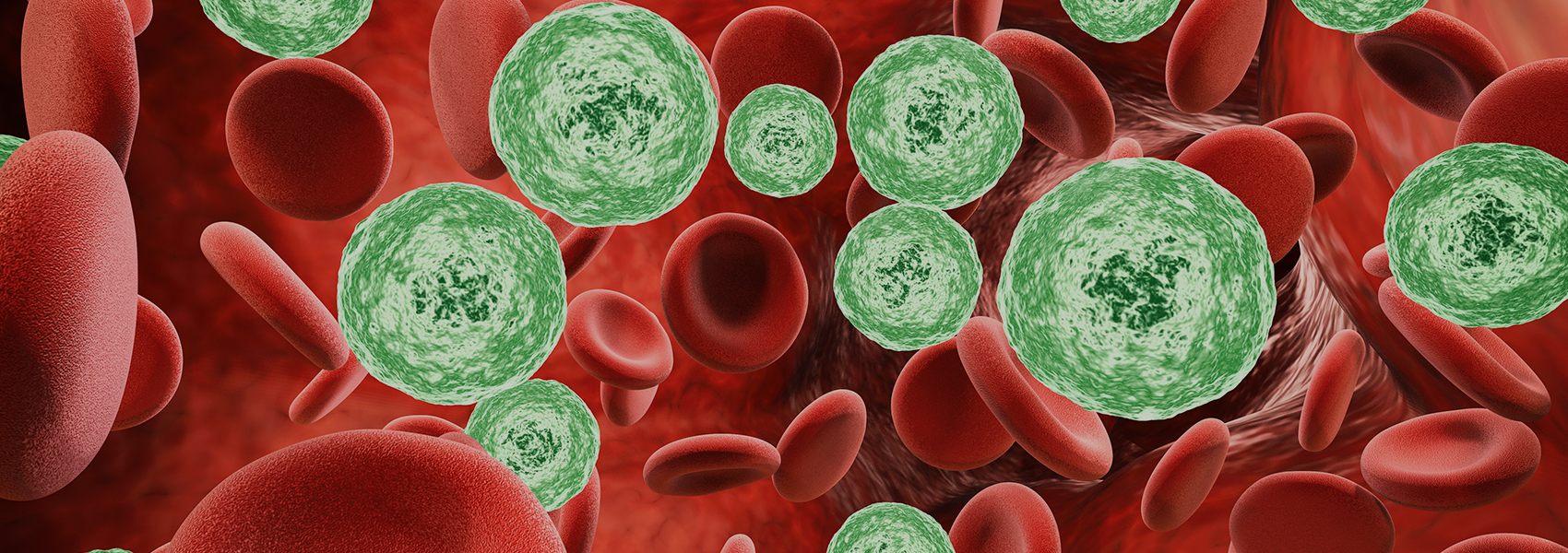Sepsis occurs when the immune system overreacts to an infection in the body. Sepsis progresses through stages and can lead to septic shock, which globally kills more people than heart attack each year. One of the mainstays of sepsis treatment is the rapid administration of antimicrobials. In order to effectively treat sepsis, doctors would like to know the microbial pathogen causing sepsis, but treatment with antimicrobials cannot be delayed in patients with septic shock.
For patients with septic shock, mortality increases by 5 per cent for every hour that appropriate antimicrobial therapy is delayed. Current treatment guidelines, such as Surviving Sepsis, recommend that blood cultures be obtained before antimicrobial treatment administration. However, this can delay treatment and this recommendation was based on expert opinion as opposed to hard evidence.
Now, a new publication in Annals of Internal Medicine suggests that the sensitivity of blood cultures to identify the pathogen causing the infection and guide decision-making can be significantly less accurate when obtained after antimicrobials have been administered.

These results come from FABLED, a large clinical trial with sites in Montreal, Phoenix, and Vancouver (including St. Paul’s Hospital). The study was led by UBC’s Dr. David Sweet with CHÉOS Scientist Dr. Rob Stenstrom serving as one of the senior co-investigators. A significant portion of the study funding came from the St. Paul’s Hospital Foundation.
The study investigators enrolled 325 emergency department patients with severe manifestations of sepsis and took blood cultures before and after administration of antimicrobial treatment.
In the study, patient’s blood cultures taken before antimicrobial administration were positive for pathogens in 31.4 per cent of cases. Blood cultures drawn after the administration of antimicrobials in the same patients were positive in only 19.4 per cent of cases. This equates to a 12 per cent drop in sensitivity.
The study also found that positive blood cultures taken after antimicrobials were given took longer to become positive, which can delay the administration of the the right antimicrobial. More importantly, this delay lengthens the time that broad spectrum antimicrobials need to be given, which contributes to antibiotic resistance.
“Prior to this study, obtaining blood cultures before administering antibacterials seemed like a reasonable approach, but was not evidence based. Now we have fairly definitive data to show that, in patients with severe manifestations of sepsis, blood cultures should be obtained prior to antimicrobial administration,” said Dr. Stenstrom.
Obtaining blood cultures from septic pts soon after initiation of antibiotics results in a 50% loss of sensitivity. Even if all other culture results are considered, 1/3 of pathogens in the pre-antibiotic blood culture are never recovered. Learn more: https://t.co/8HIZsJ8kPu pic.twitter.com/0FbGQYtIpM
— BCEmergMedNtwrk (@BCEmergMedNtwrk) September 24, 2019
Although blood cultures obtained before antimicrobial therapy could potentially delay the start of treatment, our study shows that the significant impact on test accuracy means these tests should be done immediately and then followed by treatment, in these sickest of sepsis patients,” noted Dr. Stenstrom.
An accompanying editorial in the same edition of the Annals of Internal Medicine discusses the real-world application of the findings and stresses the importance of getting patients on to antimicrobial treatment as soon as possible.
Understanding the balance between the accuracy of diagnostic tests and the need for early treatment means that future research should focus on minimizing delays in obtaining blood cultures prior to antimicrobial treatment in the sickest sepsis patients.
Read more about the study on the UBC website.



